Supreme Court Grants DOJ Additional Time to Submit Seminole Sports Betting Response
Posted on: April 12, 2024, 05:38h.
Last updated on: April 12, 2024, 05:38h.
The United States Supreme Court has extended a deadline that was set for today, Friday, April 12, for the U.S. government to submit testimony on a pending case challenging Florida’s Class III gaming compact with the Seminole Tribe.
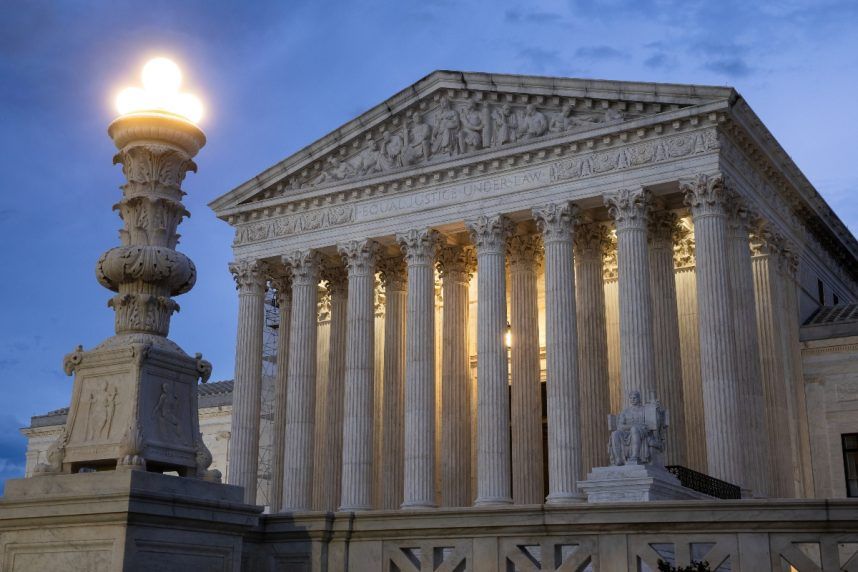
The Supreme Court granted the extension request from the U.S. Department of Justice, which is representing the U.S. Department of the Interior in the case West Flagler Associates, Ltd., et al v. Debra Haaland, Secretary of the Interior, et al. The new deadline is May 12 for the DOJ to submit its opinion on why Florida’s revised gaming compact with the Seminole Tribe struck in 2021 does not violate the federal Indian Gaming Regulatory Act (IGRA).
Justice Department officials said more time was needed because its attorneys have been working on “other matters before the Court.” The delay means the Seminoles’ Hard Rock Bet online sportsbook can continue to operate inside the Sunshine State until at least May 12 but presumably much longer, as the federal tribal gaming lawsuit likely won’t be resolved for at least several months.
Lawsuit Backstory
Florida Gov. Ron DeSantis (R) and the Seminole Tribe in May 2021 agreed to new revenue-sharing terms for the tribe’s Seminole and Hard Rock casinos.
The tribe pledged to direct the state a minimum of $6 billion through 2030 to retain its monopoly on slot machines outside of Miami-Dade and Broward counties and house-banked table game exclusivity statewide. In exchange for what DeSantis hailed as a “historic” and “mutually-beneficial agreement,” the tribe gained roulette and craps privileges at its six brick-and-mortar casinos, plus both retail and online sports betting.
The online sports betting component was quickly pushed back on by two pari-mutuel licensees — West Flagler Associates and Bonita-Fort Myers Corporation. Attorneys representing the entities that respectively run the Magic City Casino in Miami and Bonita Springs Poker Room alleged that the state’s decision to allow the tribe to conduct online sports wagering violates IGRA, which requires tribal gaming to be conducted only on sovereign lands owned by federally recognized tribes.
State attorneys argued since the Hard Rock Bet online sportsbook servers remain on Seminole property, the expansion to the internet remains in compliance with IGRA. The DOI and Secretary Haaland agreed while approving the 2021 compact.
Lower federal courts have also sided with Florida, which led to the case being appealed to the U.S. Supreme Court. Once the DOJ submits its testimony, SCOTUS will at some point issue a statement on whether it will accept the case.
State Challenge Remains
If West Flagler and Bonita Springs are dealt another federal loss, their last resort would be to continue with a state case. That litigation deals with whether DeSantis had the authority to expand gaming in Florida after state residents in 2018 passed a ballot that provides the public — not the state — with the “exclusive right to decide whether to authorize casino gambling.”
The Seminoles helped bankroll the 2018 constitutional amendment because their attorneys say it has to do only with new forms of commercial gambling — not tribal. The amendment was designed to block commercial casinos from coming to Miami where a Malaysia-based casino giant, Genting Group, was lobbying state lawmakers to allow an integrated resort.
The Florida Supreme Court last month reprimanded West Flagler and Bonita Springs attorneys for petitioning the case to the state high court without first going through lower courts.
Related News Articles
Seminole Tribe Says Florida Cardroom Sports Betting Challenges Are ‘Strawmen’
Supreme Court Blocks Florida Sports Betting Plan Pending Appeal
US Supreme Court Asked to Torpedo Seminoles Sports Betting Deal
Most Popular
Mega Millions Reportedly Mulling Substantial Ticket Price Increase
NoMad Hotel to Check Out of Park MGM on Las Vegas Strip
Most Commented
-
End of the Line for Las Vegas Monorail
— April 5, 2024 — 90 Comments -
Mega Millions Reportedly Mulling Substantial Ticket Price Increase
— April 16, 2024 — 9 Comments -
Long Island Casino Opponents Love New York Licensing Delays
— March 27, 2024 — 5 Comments
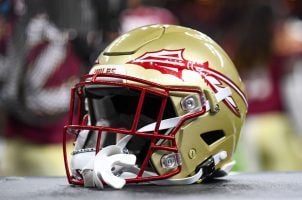
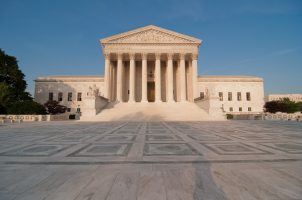
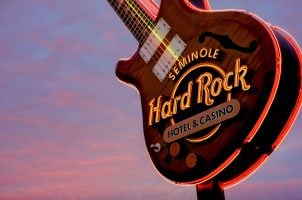
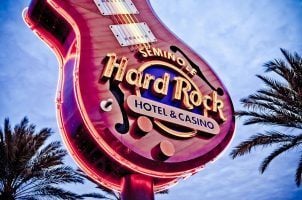










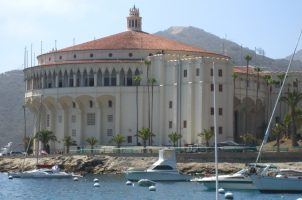
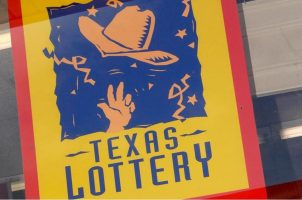
No comments yet